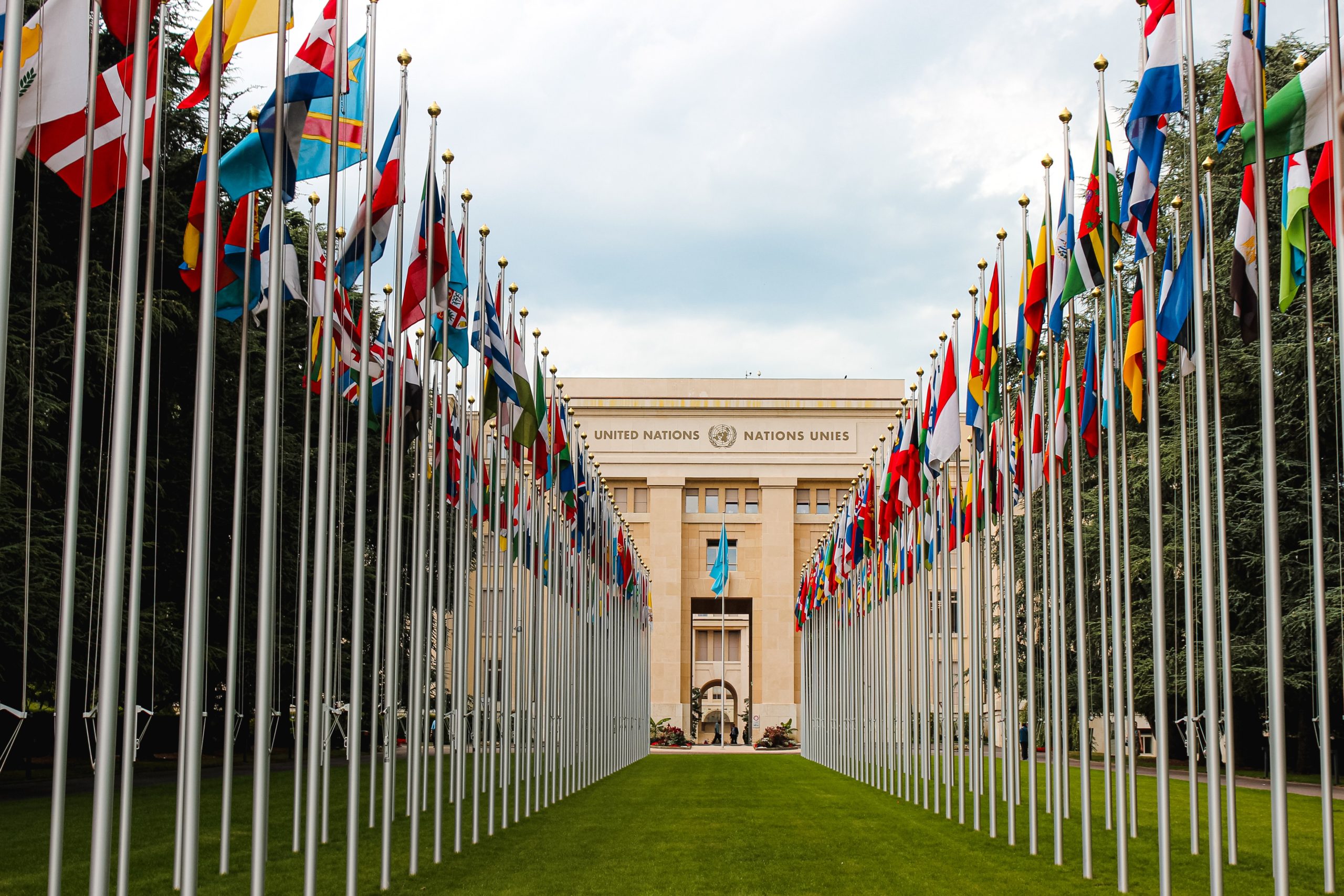In a report presented to the United Nations Human Rights Council (UNHRC) on June 18, 2025, UN Special Rapporteur on Freedom of Expression Irene Khan gave a critical assessment on the situation of human rights in the Philippines under President Ferdinand Marcos Jr., highlighting ongoing challenges to press freedom and freedom of opinion in the country.
While acknowledging some improvements compared to the former Rodrigo Duterte administration, Khan observed that meaningful change remains elusive. Problems such as the practice of so-called “red-tagging,” suppression of dissent, and a persistent culture of impunity continue to undermine freedom of expression and the safety of journalists.
“Red-tagging,” which is defined as the practice of labeling activists, journalists, and government critics as “communists” or “terrorists” without evidence, remains widespread, despite official government denials. Khan condemned this practice for enabling harassment, arbitrary arrests, and even killings. Between January and June 2024 alone, 467 cases of “red-tagging” were documented.
The UN expert recommended concrete steps to end this abuse, including amending the controversial Anti-Terrorism Act (ATA) of 2020 and abolishing the National Task Force to End Local Communist Armed Conflict (NTF-ELCAC), an agency that is criticized for its “red-tagging” attacks against activists. Khan also encouraged the Philippines to define terrorism according to UN resolutions, as acts against civilians committed with the intention of causing death or serious injury.
Khan’s report also highlighted the detention of community journalist Frenchie Mae Cumpio, held for over five years without conviction on questionable charges related to alleged illegal firearms possession and terrorism financing. International press freedom organizations have called for her immediate release, condemning her prolonged detention as a “travesty of justice.”
At least four journalists have been killed under the Marcos administration, and Khan noted that the pace of investigation into the crimes has been slow.
Khan criticized the Presidential Task Force on Media Security (PTFOMS) for its weak enforcement and lack of credibility among journalists. The taskforce aims to address in coordination with other government entities threats and harassments against journalists. Khan mentioned that the PTFOMS is not functional in all police stations or even known. She also called for a reform of the PTFOMS so that it has the “necessary institutional independence”. Khan also called for major reforms including the decriminalization of libel and the appointment of a special prosecutor to oversee crimes against media workers and human rights defenders.
Khan also urged the passage of a genuine Freedom of Information (FOI) law aligned with international standards, criticizing the Marcos Jr. administration for imposing broad exemptions that limit public access to information. She also recommended rejoining the International Criminal Court and ratifying key human rights treaties to strengthen the country’s legal framework.
Local journalist groups, including the National Union of Journalists of the Philippines (NUJP), have echoed Khan’s calls. The NUJP documented 177 media freedom violations since Marcos Jr. took office, many resembling the oppressive tactics of the Duterte era. They emphasized the need to repeal or reform laws like the ATA and to lift restrictions on alternative media outlets.
The Baguio City Council unanimously endorsed Khan’s report and recommendations, condemning the Anti-Terrorism Council’s power to designate terrorists without due process and urging local authorities to review dubious terrorism cases against activists. Baguio has declared itself an inclusive human rights city, adopting local measures to combat “red tagging.”
The Philippine government rejected Khan’s report, defending its anti-insurgency policies and denying systemic “red tagging.” It maintains that the ATA and the NTF-ELCAC are necessary to combat insurgency and terrorism. It also highlights that the Philippines has its own definition of “terrorist”, determined in the ATA, which however has been widely criticized because of its extremely broad and vague definition of terrorism.
In its official response, the Philippine government also noted in its official response, that the PTFOMS should stay government led. Moreover, it disagreed with Khan, saying the right to peaceful assembly is feely exercised in the Philippines. According to the Philippine government, Khan’s assessment of oppression of journalists and free speech may only be referring to specific cases.
The NTF-ELCAC dismissed the UN-expert’s findings as “lies,” though human rights organizations and the Philippine Supreme Court have validated claims of “red-tagging” and associated abuses.
Khan concluded that while the Philippines has a vibrant civil society and active media, state-led repression continues to cast a shadow over these freedoms. She appealed to the Philippine government to foster civil society groups instead of targeting them, highlighting their vital contribution to an inclusive reform process.
Photo Ⓒ Mathias Reding on Unsplash

